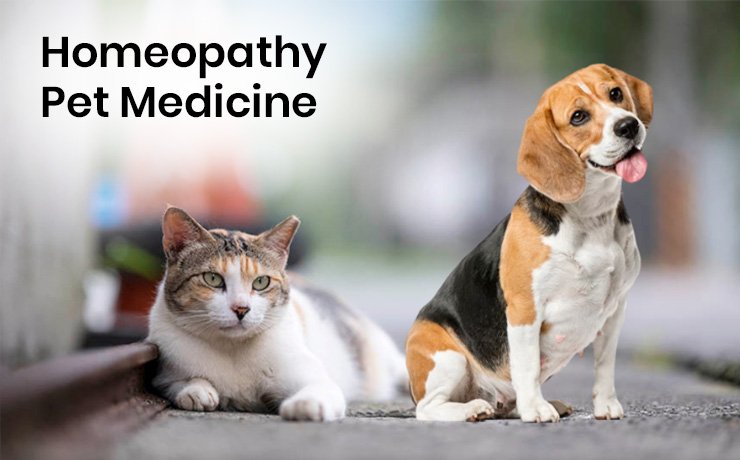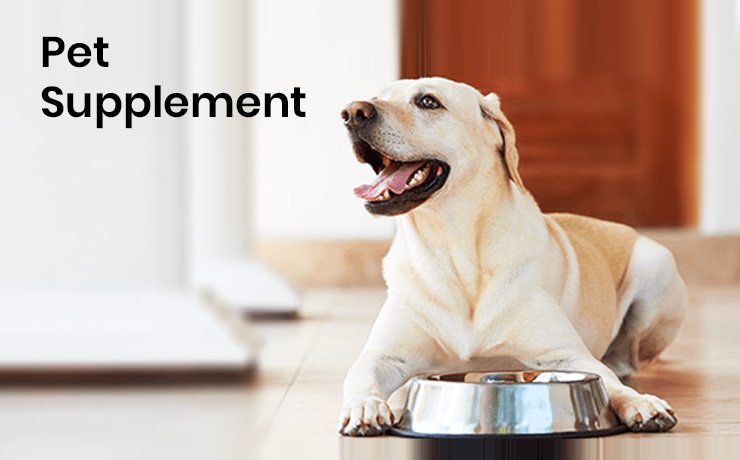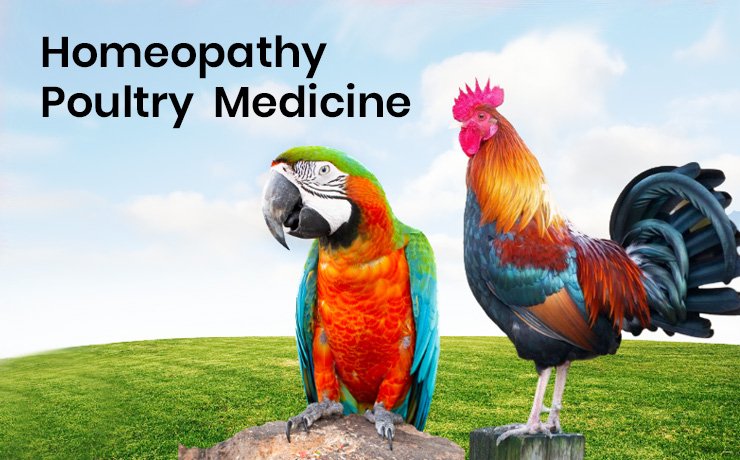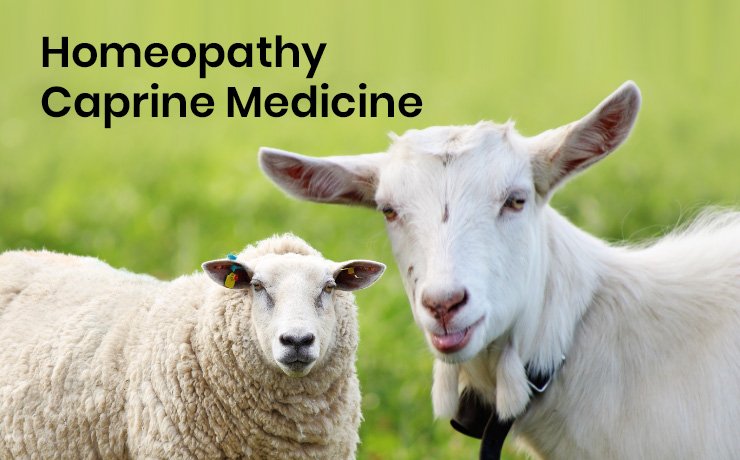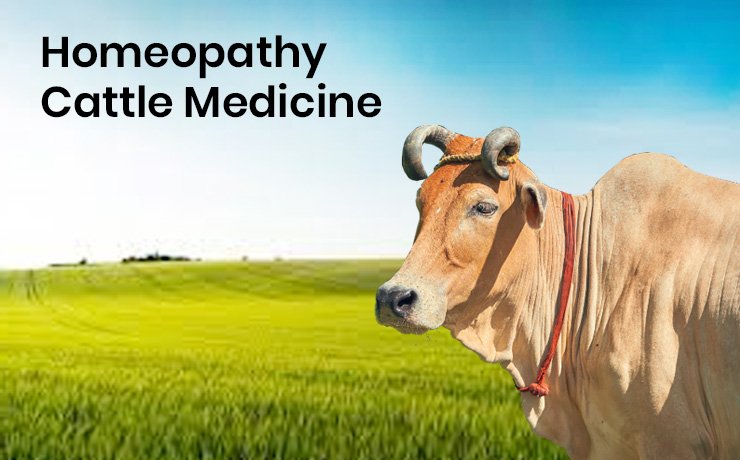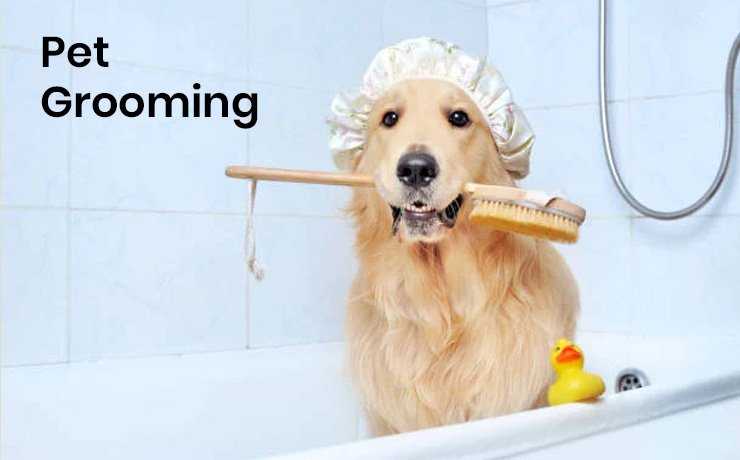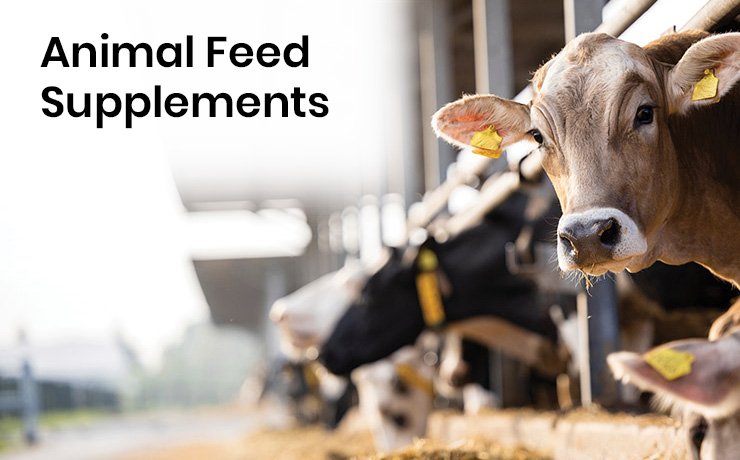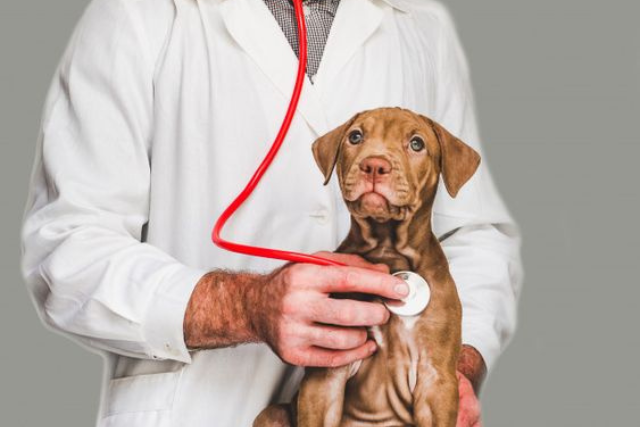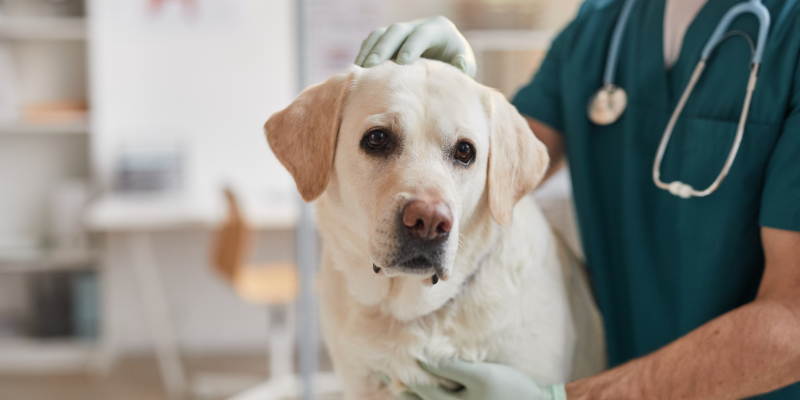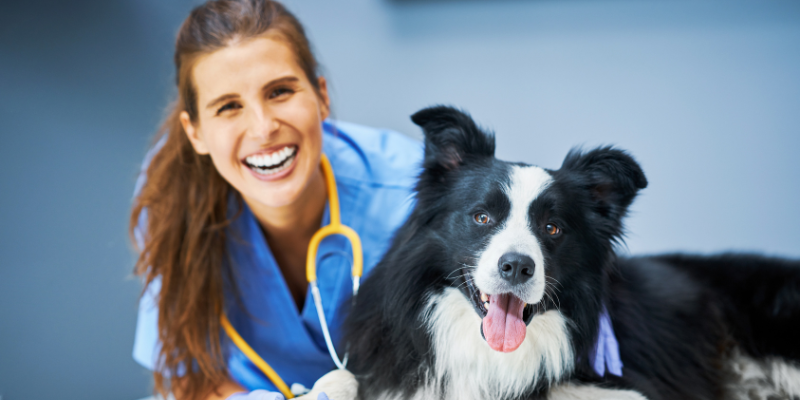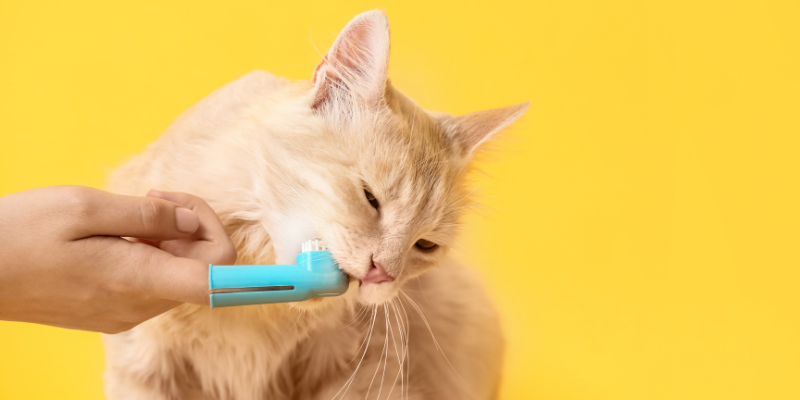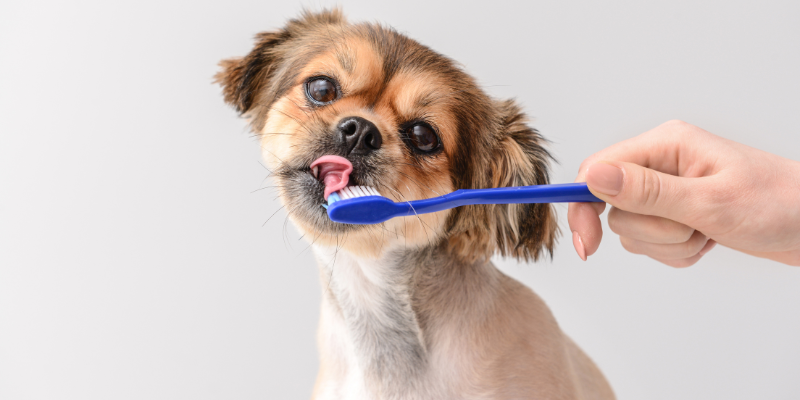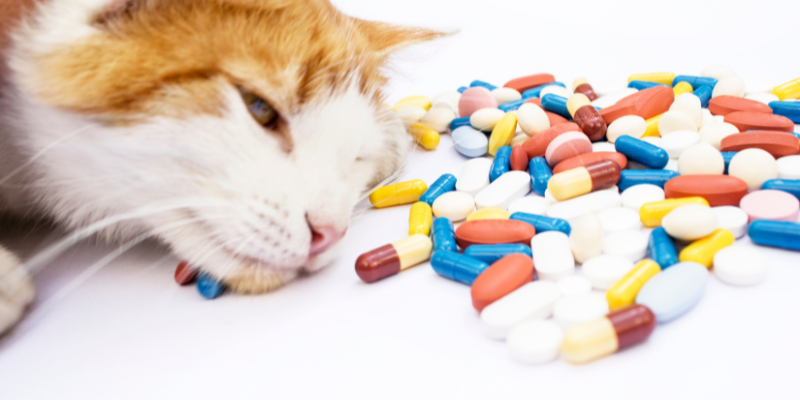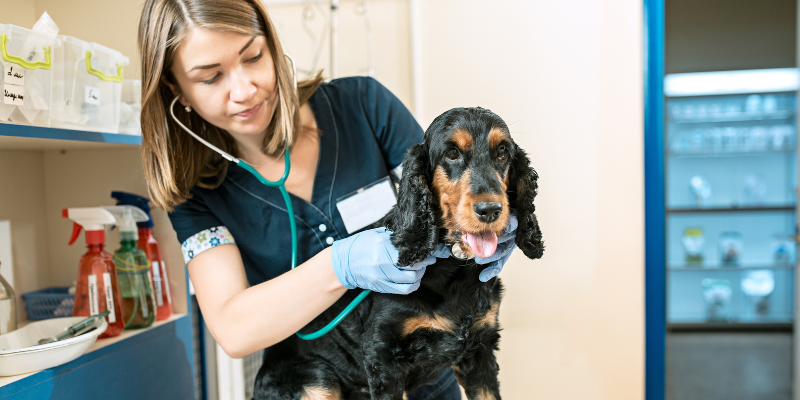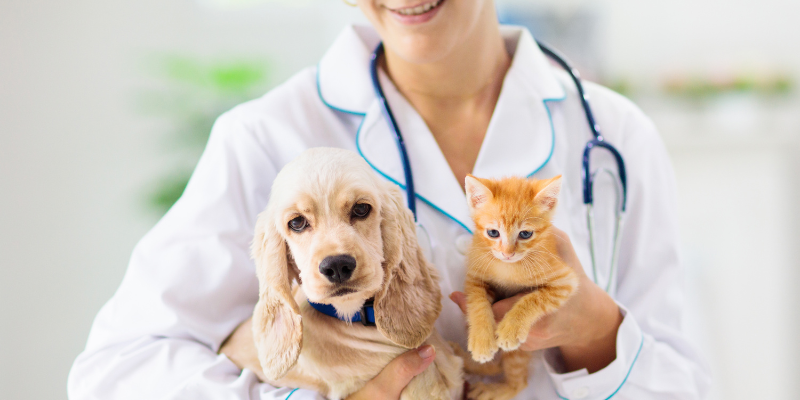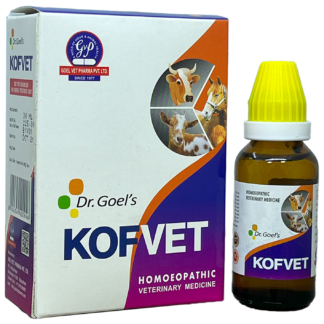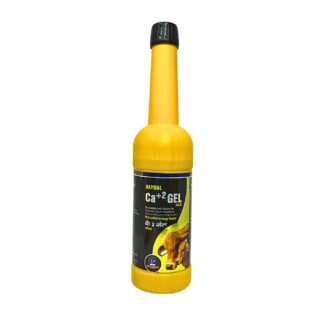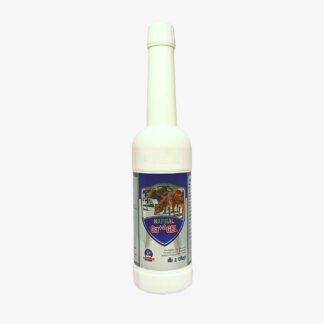The Benefits of Holistic Approaches to Pet Health

What does ‘holistic’ mean?
The term “holistic” comes from the Greek word “holos,” which means “whole” or “entire.” Holistic approaches or philosophies consider the whole system rather than focusing on individual components. In various contexts, the term is used to emphasise the interconnectedness of different parts within a system and the idea that they cannot be fully understood or treated in isolation. In the field of healthcare, whether for humans or animals, a holistic approach considers the physical, mental, emotional, and environmental aspects of an individual. Holistic health care seeks to address the person or animal as a whole, taking into account various factors that may contribute to their well-being or health issues.
In the context of holistic veterinary care, for example, a holistic veterinarian would consider not only the physical symptoms of a pet but also its emotional state, lifestyle, nutrition, and environment when diagnosing and treating health conditions. Holistic approaches can be found in various disciplines, including medicine, psychology, education, and environmental sciences, among others. The underlying principle is to view and address complex systems in a comprehensive and integrated manner rather than isolating individual components.

Holistic Pet Health:
Holistic pet health focuses on treating the whole animal—physical, emotional, and environmental factors—rather than just addressing specific symptoms. Integrating holistic pet care can offer several benefits:
1. Preventive Health Care:
Holistic pet health often emphasises preventive care, promoting overall well-being and reducing the likelihood of illness.
2. Natural Pet Remedies and Minimal Intervention:
Holistic methods often prioritise natural remedies and minimal intervention. This can reduce the reliance on pharmaceuticals and their potential side effects.
3. Balanced Nutrition:
Emphasis on natural, balanced nutrition can contribute to improved health and vitality. Holistic diets may include high-quality, whole-food ingredients that support a pet’s overall health.
4. Stress Reduction:
Holistic pet health recognizes the importance of mental and emotional well-being. Techniques such as massage, acupuncture, or aromatherapy can help reduce stress and anxiety in pets.
5. Individualised Care:
Holistic veterinarians consider the unique needs and characteristics of each pet. Treatment plans are often tailored to the individual, taking into account the pet’s lifestyle, environment, and specific health concerns.
6. Complementary Therapies:
Holistic care may involve complementary therapies such as acupuncture, chiropractic care, herbal supplements, or homoeopathy, which can work alongside traditional veterinary medicine to enhance healing.
7. Focus on Root Causes:
Holistic practitioners aim to identify and address the root causes of health issues rather than just treating symptoms. This can lead to more sustainable and long-term improvements in a pet’s health.
8. Enhanced Immune System:
Holistic pet health practices often support the immune system, helping pets resist illnesses and recover more quickly from health challenges.
9. Lifestyle Adjustments:
Holistic pet health approaches may involve recommending lifestyle changes, including exercise, environmental enrichment, and behaviour modification, to improve overall health and quality of life.

10. Long-Term Health Benefits:
By considering all aspects of a pet’s health, holistic approaches aim for long-term health benefits rather than short-term solutions.
11. Client Education:
Holistic veterinarians often prioritise client education, empowering pet owners to actively participate in their pets’ health care and make informed decisions.
12. Holistic veterinary care
Holistic veterinary care involves an approach to pet health that considers the whole animal, addressing physical, emotional, and environmental factors. It integrates conventional veterinary medicine with complementary and alternative medicine for pets.
Check Out Our Product : – DIABOSYZ JUMBO KIT for PETS 30ML

Holistic Treatments for Pets
Holistic treatments for pets encompass a wide range of approaches that focus on the overall well-being of the animal, addressing physical, emotional, and environmental factors. It’s important to note that while holistic treatments can be beneficial, they should be used in conjunction with conventional veterinary care. Always consult with a qualified veterinarian before implementing holistic treatments. Here are some common holistic treatments for pets:
1. Nutritional Therapy:
- Provide a balanced and species-appropriate diet with high-quality ingredients.
- Consider raw or home-cooked diets tailored to your pet’s nutritional needs.
2. Herbal Supplements:
- Use herbal supplements to support various aspects of health, such as immune function, digestion, and joint health.
- Common herbs include chamomile, echinacea, and milk thistle.
3. Homoeopathy:
- Homoeopathic remedies use highly diluted substances to stimulate the body’s natural healing processes.
- A qualified homoeopathic veterinarian can prescribe remedies based on individual symptoms.
4. Massage and Physical Therapy:
- Massage can improve circulation, reduce muscle tension, and enhance the bond between pet and owner.
- Physical therapy exercises may be recommended for rehabilitation after injuries or surgeries.
5. Aromatherapy:
- Use essential oils to promote relaxation, alleviate anxiety, or address specific health issues.
- Ensure that oils are pet-safe and properly diluted, and avoid direct application to the pet’s skin.
6. Behavioural Therapy:
- Address behavioural issues through positive reinforcement, training, and environmental enrichment.
- Consider techniques such as desensitisation and counterconditioning for anxiety or fear-related behaviours.
7. Environmental Modifications:
- Create a pet-friendly environment with safe and comfortable spaces.
- Minimise exposure to potential allergens or stressors.
8. Hydrotherapy:
- Water-based therapy, including swimming or underwater treadmills, can be beneficial for rehabilitation and fitness.
- Consult with a professional for guidance on water therapy for your pet.

Always consult with your veterinarian before starting any holistic treatments for your pet. A holistic pet health, combined with regular veterinary care, can contribute to the overall well-being and health of your furry friend. It’s important to note that while holistic pet health can be beneficial, they should not replace conventional veterinary care. Integrating holistic practices should be done in consultation with a qualified veterinarian who is experienced in both conventional and holistic medicine. The combination of approaches allows for a comprehensive and individualised approach to pet health and well-being.
Read more : – Allergies in Pets: Identification, Treatment, and Prevention
 Australian Shepherd
Australian Shepherd Beagle
Beagle Belgium Shepherd
Belgium Shepherd Bernese Mountain Dog
Bernese Mountain Dog Border Collie
Border Collie Boxer
Boxer Bulldog
Bulldog Cavalier King Charles Spaniel
Cavalier King Charles Spaniel Chihuahua
Chihuahua Cocker Spaniel
Cocker Spaniel Dachshund
Dachshund Doberman Pinscher
Doberman Pinscher Dogo Argentino
Dogo Argentino French Bulldog
French Bulldog German Shepherd
German Shepherd Golden Retriever
Golden Retriever Great Dane
Great Dane Himalayan Shepherd
Himalayan Shepherd Indie Dogs
Indie Dogs Labrador Retriever
Labrador Retriever Pakistani Bully
Pakistani Bully Pembroke Welsh Corgi
Pembroke Welsh Corgi Pitbull
Pitbull Pomeranian
Pomeranian Poodle
Poodle Pug
Pug Rottweiler
Rottweiler Shih Tzu
Shih Tzu Siberian Husky
Siberian Husky Yorkshire Terrier
Yorkshire Terrier Abyssinian
Abyssinian American Bobtail
American Bobtail American Shorthair
American Shorthair Balinese Cat
Balinese Cat Bengal Cat
Bengal Cat Birman
Birman Bombay Cat
Bombay Cat British Longhair
British Longhair British Shorthair
British Shorthair Burmese Cat
Burmese Cat Devon Rex
Devon Rex Exotic Shorthair
Exotic Shorthair Himalayan Cat
Himalayan Cat Maine Coon
Maine Coon Oriental Shorthair
Oriental Shorthair Persian Cats
Persian Cats Ragdoll
Ragdoll Scottish Fold
Scottish Fold Siamese Cat
Siamese Cat Siberian Cat
Siberian Cat Sphynx Cat
Sphynx Cat



















